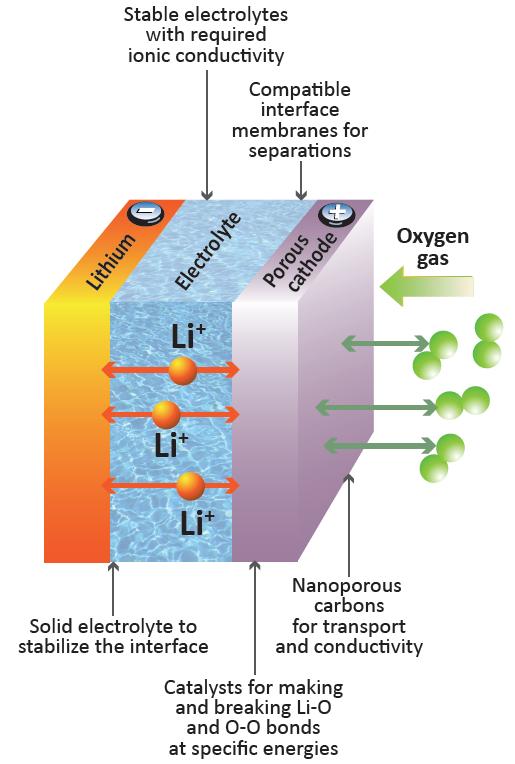Scientists at Argonne National Laboratory will host a short (15-minute) webinar on 7 December at 10:00 am CT on “Clearing the path to recycling batteries at scale.”
Materials scientists Jessica Durham and Albert Lipson will describe their breakthrough work on how to recover, separate and regenerate the cathode material at scale. Once complete, the processes will help pave the way for the large-scale recycling of EVs.

Click on image to register
Dr. Durham is a Materials Scientist in the Applied Materials Division at Argonne National Laboratory. She is part of the Materials Recycling R&D group working in the Materials Engineering Research Facility (MERF) and is a lead investigator in DOE’s ReCell Center for advanced battery recycling where she investigates safe and cost effective direct recycling processes for lithium-ion batteries, specifically with respect to cell pre-processing, cathode/anode separation, and cathode/cathode separation.
Dr. Lipson leads projects to advance the state of the art of Li-ion battery recycling and Li-ion battery cathode development at Argonne and is working toward processing and manufacturing of solid-state batteries.
He is currently a staff member at the Materials Engineering Research Facility (MERF), which focuses on process R&D and scale up of materials for advanced applications. His Li-ion battery recycling projects are part of the ReCell center, including a project to thermally remove binder and carbon black from NMC cathode materials without effecting the performance where he has demonstrated that adding LiOH can prevent the degradation of the cathode materials due to the release of fluorine from the binder.
With more than 1 million electric vehicles (EVs) now driving on US roads, without recycling those batteries more cost effectively, they will become 8 million tons of global scrap by 2040.
